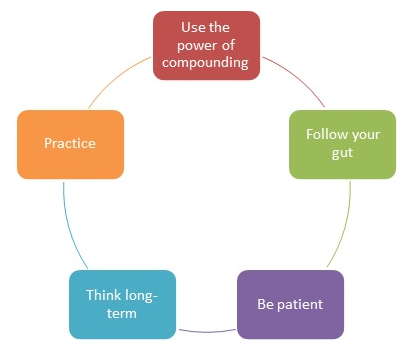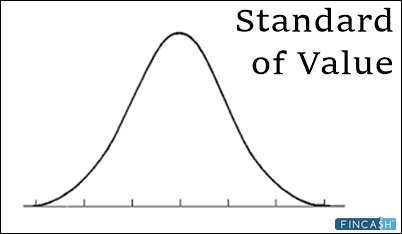
Table of Contents
Value Stock
What is a Value Stock?
A value stock is a stock that tends to trade at a lower price relative to its fundamentals, such as Earnings, dividends and sales, making them appealing to value investors. It is stocks with low price/book ratios or price/earnings ratios. A value stock may have a high Dividend Yield that is what percentage the stock yields relative to its price, low Price to Book Ratio which is the current closing price of the stock as a percentage of the latest Book Value per share. A value stock may even have a low price-to-earnings ratio which is the current share price as a percentage of its per share earnings.

All of the above indicators are based on the fact that the Market is not always efficiently matching price with performance. Historically, value stocks have enjoyed higher average returns than growth stocks (stocks with high price/book or P/E ratios) in a variety of countries.
Value stocks are contrasted with the other of the two basic approaches for equity Investing, growth stocks. Growth stocks are equities of companies with strong anticipated growth potential.
Talk to our investment specialist
Value Stock Investor
A value investor seeks stocks that are trading at a price less than they are worth. There are investment services and guides that monitor the indicators of value stocks, but investors must interpret these analyses and make decisions based on the Underlying fundamentals of the company itself and its stock, and also value and performance.
All efforts have been made to ensure the information provided here is accurate. However, no guarantees are made regarding correctness of data. Please verify with scheme information document before making any investment.












